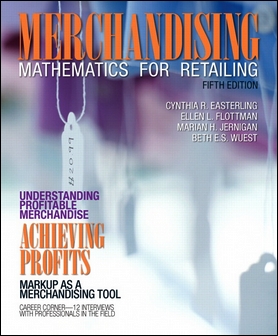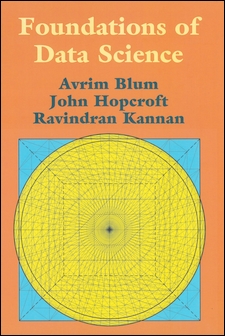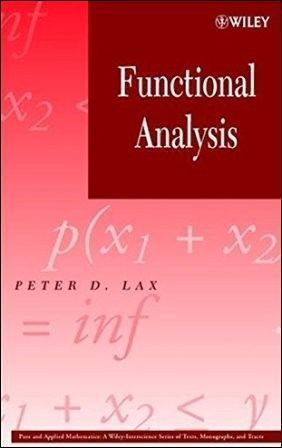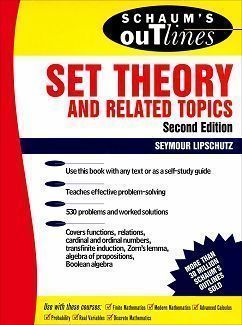書籍分類
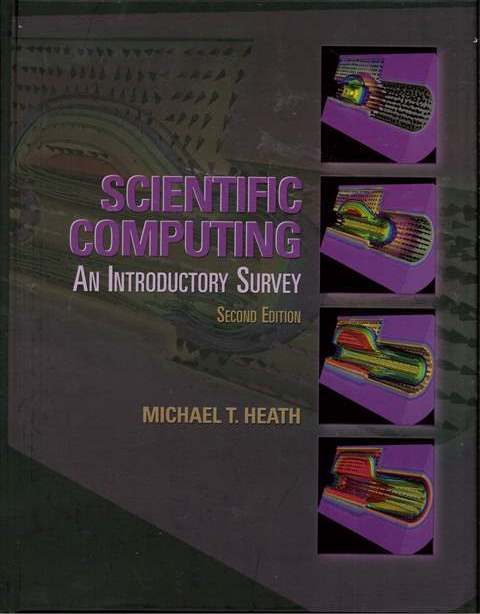
Scientific Computing: An Introductory Survey 2/e (H)
作者:Michael Heath
原價:NT$ 1,150
ISBN:9780071122290
版次:2
年份:2002
出版商:McGraw-Hill
頁數/規格:563頁/精裝單色
版次:2
年份:2002
出版商:McGraw-Hill
頁數/規格:563頁/精裝單色
內容介紹 本書特色 目錄
- Description
Heath 2/e, presents a broad overview of numerical methods for solving all the major problems in scientific computing, including linear and nonlinear equations, least squares, eigenvalues, optimization, interpolation, integration, ordinary and partial differential equations, fast Fourier transforms, and random number generators. The treatment is comprehensive yet concise, software-oriented yet compatible with a variety of software packages and programming languages. The book features more than 160 examples, 500 review questions, 240 exercises, and 200 computer problems. Changes for the second edition include: expanded motivational discussions and examples; formal statements of all major algorithms; expanded discussions of existence, uniqueness, and conditioning for each type of problem so that students can recognize "good" and "bad" problem formulations and understand the corresponding quality of results produced; and expanded coverage of several topics, particularly eigenvalues and constrained optimization. The book contains a wealth of material and can be used in a variety of one- or two-term courses in computer science, mathematics, or engineering. Its comprehensiveness and modern perspective, as well as the software pointers provided, also make it a highly useful reference for practicing professionals who need to solve computational problems.



